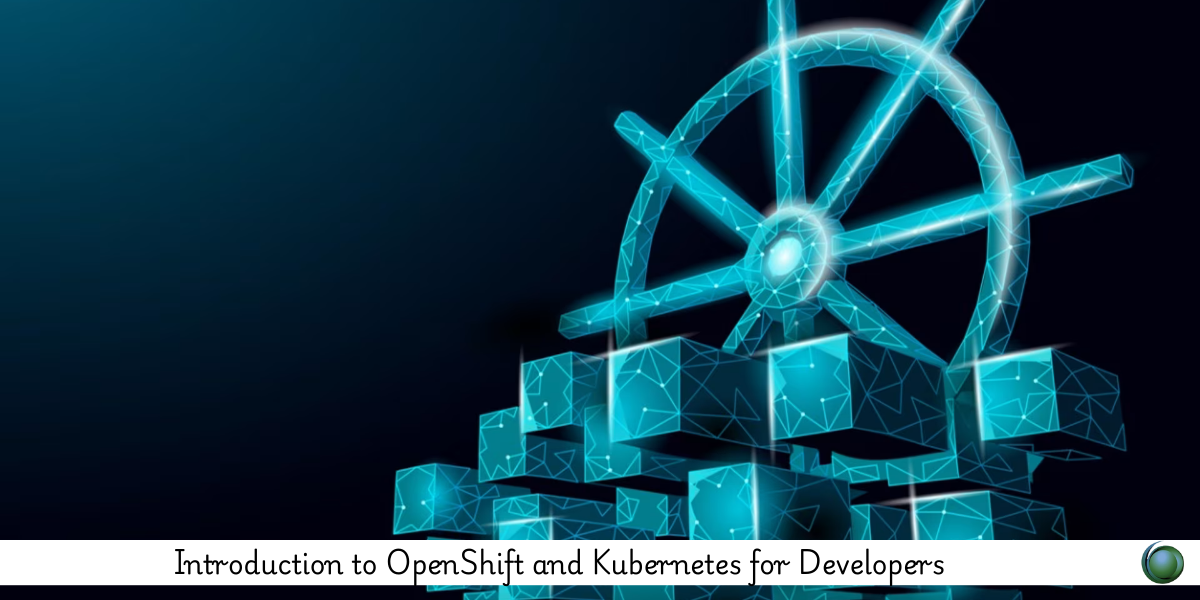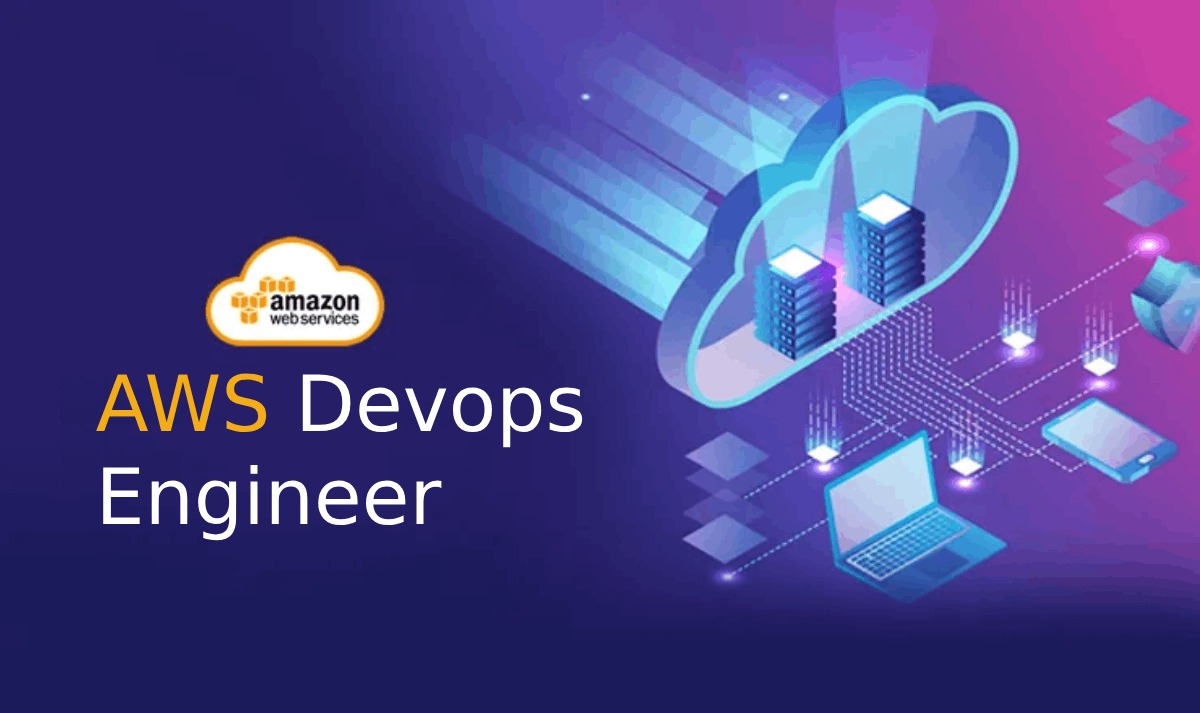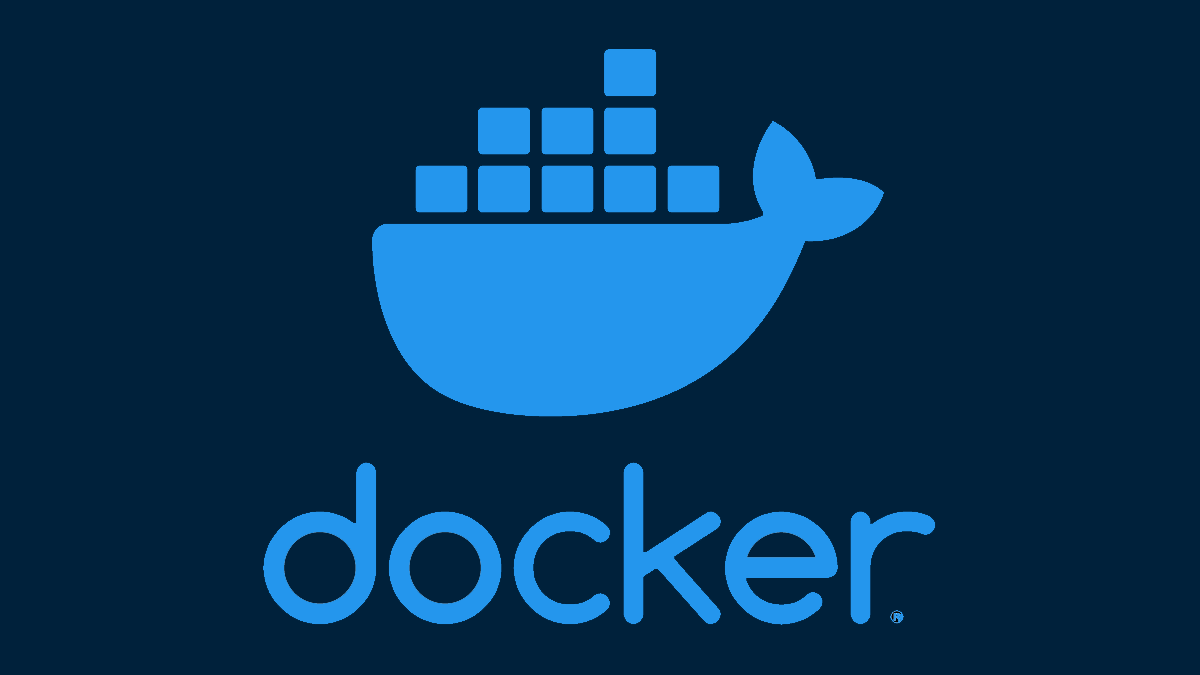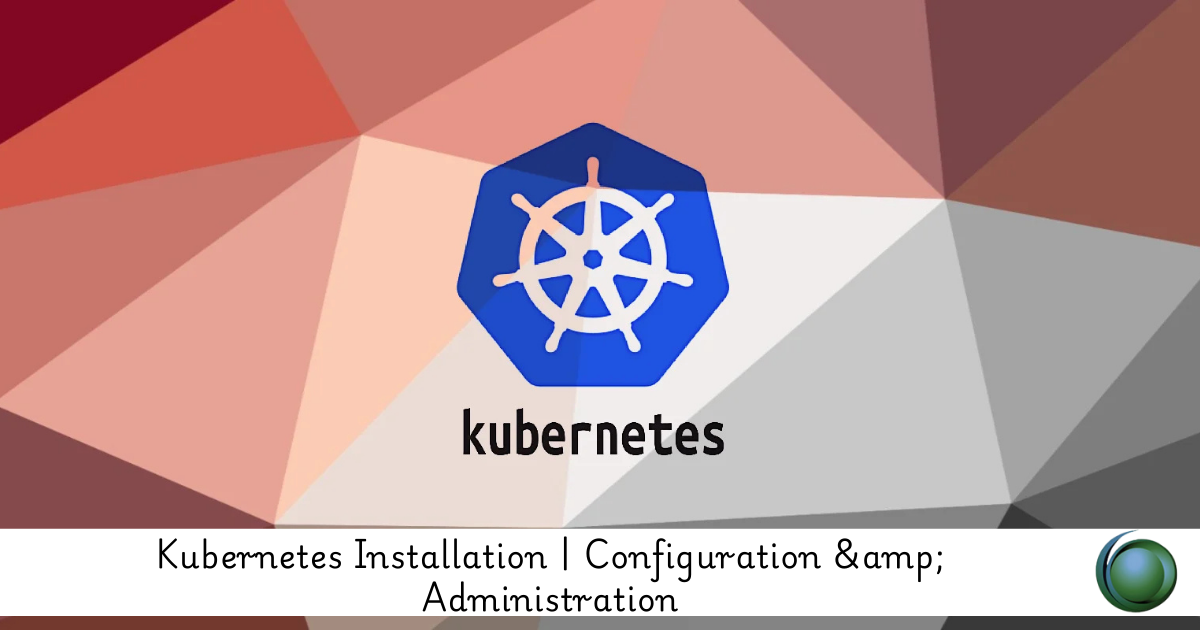Description
Introduction
This course provides a developer-centric introduction to Kubernetes and Red Hat OpenShift, focusing on building and deploying applications in containerized environments. You’ll explore key concepts like pods, deployments, and services, and gain practical experience in using OpenShift’s powerful tools such as Source-to-Image (S2I), web console, and CLI (oc) to create scalable applications.
Prerequisites
-
Basic programming experience (Java, Python, Node.js, etc.)
-
Familiarity with Git and command-line tools
-
Optional: Basic understanding of containers (e.g., Docker)
Table of Contents
1. Overview of Kubernetes and OpenShift
1.1 What is Kubernetes?
1.2 Why OpenShift for Developers?
1.3 Architecture Overview: Pods, Nodes, Control Plane
2. Setting Up the Development Environment
2.1 Installing the oc CLI
2.2 Accessing OpenShift Web Console
2.3 Using CodeReady Containers or OpenShift Sandbox
3. Containers and Images for Developers
3.1 Writing Dockerfiles for Your Application
3.2 Using Pre-built Container Images
3.3 Understanding Image Streams and Registries
4. Deploying Applications on OpenShift
4.1 Deploying from Source Code (S2I)
4.2 Deploying with Dockerfiles
4.3 Using Templates and Helm Charts
5. Managing Application Resources
5.1 Understanding Pods, Deployments, and ReplicaSets
5.2 Auto-scaling Applications
5.3 Rolling Updates and Rollbacks
6. Networking and Services
6.1 Creating Services for Your App
6.2 Working with Routes and Ingress
6.3 Debugging Connectivity Issues
7. Configurations and Secrets
7.1 Using ConfigMaps for Environment Variables
7.2 Managing Secrets for Credentials
7.3 Injecting Configs into Pods
8. CI/CD Integration for Developers
8.1 Introduction to OpenShift Pipelines (Tekton)
8.2 Automating Builds with Git Triggers
8.3 Webhooks and Continuous Delivery
9. Monitoring and Debugging Apps
9.1 Viewing Logs and Events
9.2 Using the Developer Console Dashboard
9.3 Health Checks and Readiness Probes
10. Best Practices for Developer Productivity
10.1 Organizing Multi-Service Projects
10.2 Using Labels and Annotations
10.3 Cleaning Up Environments
By the end of this course, developers will be able to confidently deploy, scale, and manage containerized applications on OpenShift and Kubernetes. With hands-on experience in OpenShift tools and automation workflows, you’ll be well-equipped to accelerate your DevOps journey and deliver cloud-native applications with agility.







Reviews
There are no reviews yet.